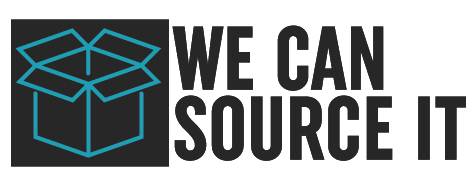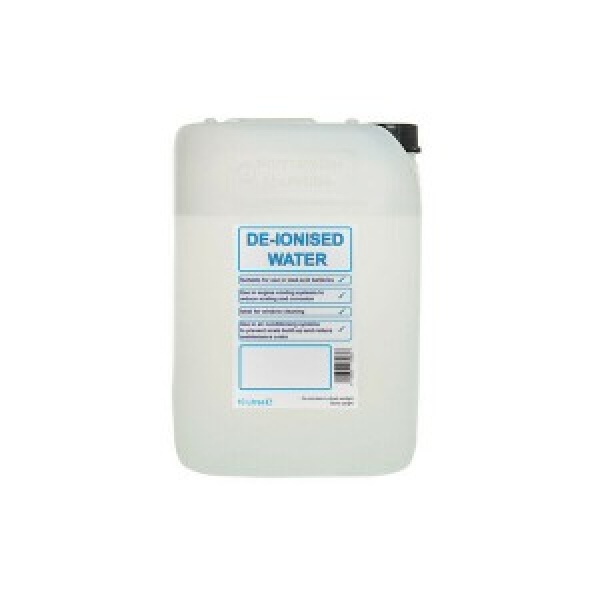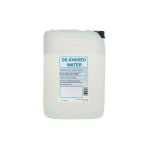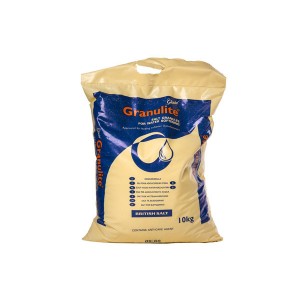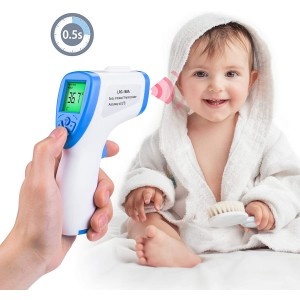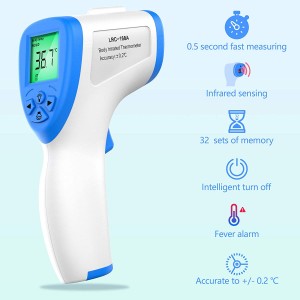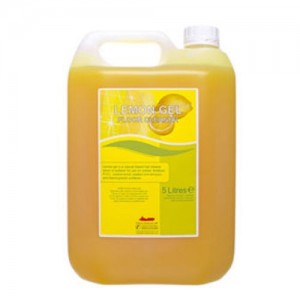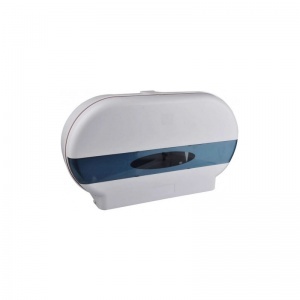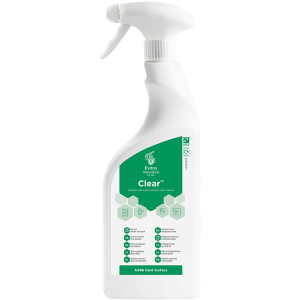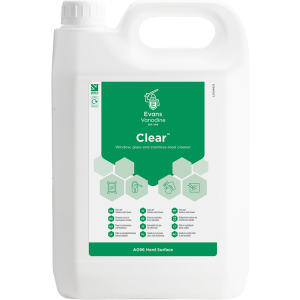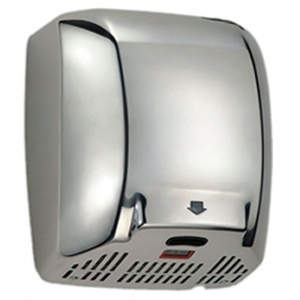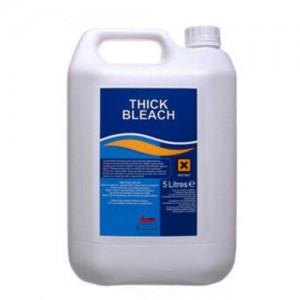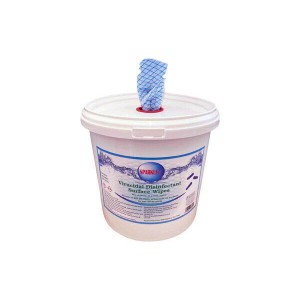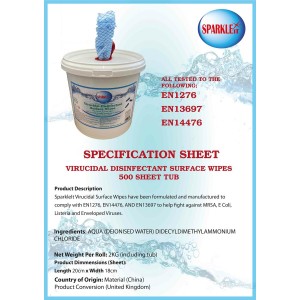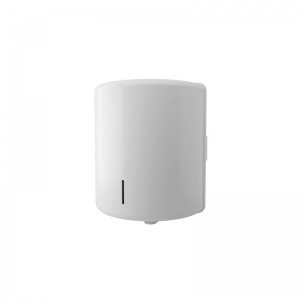Subtotal: £38.43
DEIONISED WATER | 1-25 LITRES | (De Mineralised/De Ionised/Not Distilled)
£4.95 – £14.95
Deionised water is great for irons, car batteries and cleaning.
- Description
- Additional information
Description
Description
Pure Deionised Water – Ideal for Multiple Uses
Our high-quality deionised water is specially purified to remove minerals, ensuring it is free from contaminants that cause scale build-up and corrosion. Perfect for extending the lifespan of car batteries, forklift batteries, kettles, and household appliances, this demineralised water prevents limescale formation and enhances efficiency. Available in 1-litre to 25-litre bottles, it’s designed for convenience and multiple applications.
Our Product Features:
- Available in a range of bottle sizes from 1 to 25 litres.
- Prevents scale build-up and ‘furring’ in kettles, batteries, and appliances.
- Ideal for use in cars, forklifts, and other battery types.
- Bottled in convenient quantities to suit your needs.
What is Deionised Water?
Deionised water—also known as de-ionised water, deionized water, or DI water—is highly purified water that has undergone a filtration process to remove all mineral ions, such as calcium, magnesium, sodium, and chloride. Unlike distilled water, which is purified through boiling and condensation, deionised water is processed using ion-exchange resins that extract unwanted minerals.
This makes it an ideal solution for applications where mineral-free water is essential. Common uses include car batteries, forklift batteries, irons, and industrial machinery. Since it lacks dissolved salts and impurities, it prevents scale build-up and extends the lifespan of appliances.
Is Deionised Water the Same as Distilled Water?
Many people confuse deionised water with distilled water, but they are not the same. Both are purified, but the methods used to remove impurities differ.
- Distilled water: is created by boiling water and condensing the steam, removing most contaminants, including minerals and bacteria.
- Deionised water: is purified using an ion-exchange process that removes mineral ions but may not eliminate all organic impurities or bacteria.
While both types of water are used in applications requiring purity, deionised water is preferred in industries where mineral-free water is necessary, such as batteries, laboratory work, and industrial processes. On the other hand, distilled water is often used in irons, medical equipment, and humidifiers.
Can You Drink Deionised Water?
No, deionised water is not suitable for drinking. While it is free from minerals and impurities, it lacks essential minerals like calcium, magnesium, and potassium that are important for human health. Drinking deionised water regularly can disrupt the body’s electrolyte balance, potentially leading to health issues.
Unlike distilled water, which is sometimes consumed in controlled environments, de-ionised water is mainly used for industrial and technical applications, such as in car batteries, irons, and laboratory experiments. If you need purified water for drinking, it is best to choose filtered or mineral water instead.
What is Deionised Water Used For?
Deionised water has a wide range of applications due to its purity and lack of mineral content. Some of the most common uses include:
1. Car and Forklift Batteries
Deionised water prevents mineral build-up in car batteries and forklift batteries, ensuring longer battery life and better performance. Using ordinary tap water can cause deposits that reduce efficiency and lead to battery failure.
2. Household Appliances
Many people use demineralised water in irons, kettles, and steam cleaners to prevent limescale build-up. This helps appliances run efficiently and extends their lifespan. If you need water for irons, de-ionised water is the best option to prevent clogging and residue formation.
3. Industrial and Laboratory Use
In laboratories, deionized water is essential for experiments and chemical mixing because it does not contain impurities that could alter results. It is also used in pharmaceutical production, cosmetics, and electronics manufacturing, where absolute purity is required.
4. Car Washing and Window Cleaning
Professionals use ionised water for streak-free car washing and window cleaning. Since it is free from minerals, it dries without leaving water spots, making it perfect for spotless finishes on glass surfaces.
5. Cooling Systems and Medical Equipment
Hospitals and medical facilities use distilled+water or deionised water in sterilizers, humidifiers, and dental tools. It ensures that equipment remains free from mineral deposits that could affect performance or hygiene.
How to Make Deionised Water?
Producing deionised water requires removing mineral ions from regular water through specific purification processes. Here are the most common methods:
1. Ion Exchange Resin Method
This is the most widely used method for making de-ionised water. It involves passing water through a system containing ion-exchange resins that remove positive and negative ions like calcium, magnesium, and sodium. This results in pure demineralised water free from unwanted minerals.
2. Reverse Osmosis (RO) Filtration
Reverse osmosis forces water through a semi-permeable membrane, filtering out up to 99% of dissolved solids, including minerals and contaminants. While RO water is not completely deionized water, additional filtration steps can achieve full deionisation.
3. Distillation vs. Deionisation
Many people search for distilled water purchase or wonder where to buy distilled water, but distillation and deionisation are different. Distilled water UK suppliers often sell water purified through boiling and condensation, whereas deionised water is purified using ion-exchange technology.
4. Mixed-Bed Deionisation
For ultra-pure DI water, mixed-bed deionisation systems use a combination of positive and negative ion-exchange resins. This method is often used in pharmaceutical, laboratory, and industrial settings.
If you need high-purity deionized water, it’s best to buy from a trusted supplier rather than attempting to make it at home, as professional systems ensure the highest level of purification.
Conclusion
Deionised water is a highly purified form of water that is free from minerals and impurities, making it ideal for various applications. Unlike distilled water, which is purified through boiling and condensation, de-ionised water is processed using ion-exchange technology to remove unwanted ions.
It plays a crucial role in car and forklift batteries, household appliances, laboratory experiments, industrial processes, and medical equipment. Since it prevents limescale build-up and corrosion, it helps extend the lifespan of appliances and ensures optimal performance. However, deionised water is not suitable for drinking, as it lacks essential minerals needed for human health.
If you’re looking to buy distilled water or deionised water for your needs, it’s best to purchase from a reliable supplier to ensure the highest level of purity. Whether you need water for irons, demineralised water for batteries, or ultra-pure DI water for scientific purposes, choosing the right type of purified water is essential for achieving the best results.
Additional information
Additional information
| BOTTLE SIZE | 1 LITRE (SINGLE SCREWTOP BOTTLE), 6 x 1 LITRE BOTTLES (6 LITRES), 5 LITRES (1 SINGLE SCREWTOP BOTTLE), 2 x 5 LITRE BOTTLES (10 LITRES), 12 x 1 LITRE BOTTLES (12 LITRES), 4 x 5 LITRE BOTTLES (20 LITRES), 1 x 25 LITRE TUB |
|---|---|
| Brand: | We Can Source It Ltd |
| MPN: | DE-IRON-VARIOUS |
| Common Name: | Distilled Water |
